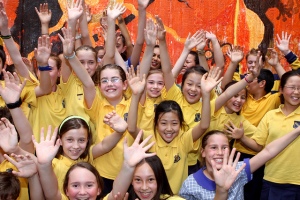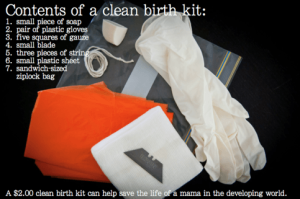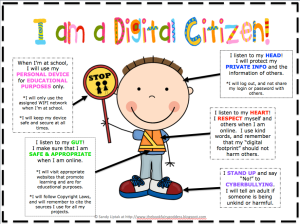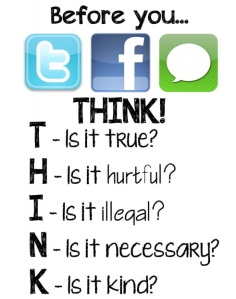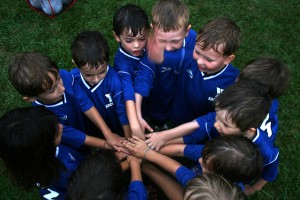Trusting that students will say something nice
The school that my children attend prides itself on its community “feel” and the character of its students. On the whole I agree.
A couple of the most telling examples from over the years:
- The applause that went on and on and on and on for the senior student who was given an award for having achieved despite difficult circumstances. This student’s father had died during his senior year.
- The guest’s at my son’s 16th birthday party, sitting around a fire pit and singing. A 16th birthday party could have been a lot worse…
- The time I chanced upon a group of students on campus at the end of an open day. Most visitors had left. One of the students had his back to me and didn’t know I was nearing the group on my way out. He was describing something which had happened and his description included some swearing. I don’t think the students recognised me as a current parent of the school and his comments were intended for his peers’ ears only. The students who could see me gave him meaningful looks and he turned in some confusion and noticed me and realised that I had heard his words. Maybe I should have been offended. I don’t enjoy listening to “f words” but what had the most impact on me was the look on his face which clearly showed his disappointment in himself. If he had said it in words, I don’t think he could have any more clearly expressed the sense that he had let down himself, his peers and his school.
I do understand why schools ban students from discussing or posting about school happenings on social media. They fear for their reputations if a bad impression is given and we all know that a social media post can have a wide reach.
The trouble is that the good things happening often go unnoticed for fear of the bad things that might get too much notice.
Yesterday my daughter, along with her classmates, worked to put together birthing kits.
She told me that she thought it was possibly the “coolest thing she had ever done”. She was touched by having been able to do something which would help someone so directly. I’m sure some of her friends felt the same. Wouldn’t it have been cool if she could have snapchatted or Facebooked it.
The students’ characters, the school’s values and the cause they’re working for would all have got some great publicity.
If we teach digital citizenship, can we trust our students to say positive things?
Photo credits:
